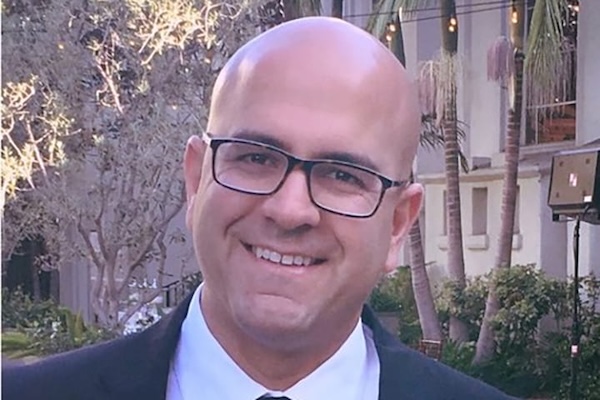Findings may improve prevention and treatment strategies for smoking, vaping habits

Irvine, Calif., April 24, 2024 — A three-year, $1.19 million grant from the Tobacco-Related Disease Research Program will allow University of California, Irvine researchers to explore how specific sections of DNA might influence nicotine addiction. Deeper insights into these neurological processes may lead to more effective prevention and treatment strategies for cigarette smoking and vaping habits.
“Using cutting-edge techniques in chemistry and biology, our focus is to identify a particular genetic variation known as a single nucleotide polymorphism within a gene associated with nicotine addiction,” said principal investigator Shahrdad Lotfipour, UC Irvine assistant professor of emergency medicine in the School of Medicine. “Our research carries significant implications for comprehending addiction mechanisms, enabling rapid assessment of an individual’s susceptibility, which could lead to developing new medications and interventions.”
The team will investigate the impact SNP has on how nicotine affects brain function and behavior across different age groups, with particular focus on the neurons connected to the pleasure and reward system located close to the midline on the floor of the midbrain.
“We believe that the implications of our research will help combat the public health crisis posed by substance abuse and the alarming surge in teenage vaping and drug and alcohol use,” Lotfipour said. “Our findings may serve as the cornerstone for arming healthcare professionals will new and powerful tools to combat the challenges of addiction.”
Further researchers involved are from the School of Pharmacy & Pharmaceutical Sciences: Frances Leslie, professor emeritus, Thomas Martinez, assistant professor, and graduate student Emily Castro. Others from the Lotfipour laboratory group will also participate.
The Tobacco-Related Disease Research Program works with the California Department of Public Health and Department of Education to research ways to reduce commercial tobacco use and tobacco-related diseases and to inform public policy that benefits the state’s diverse populations. It is solely funded through the state’s tobacco tax and individual contributions.



















